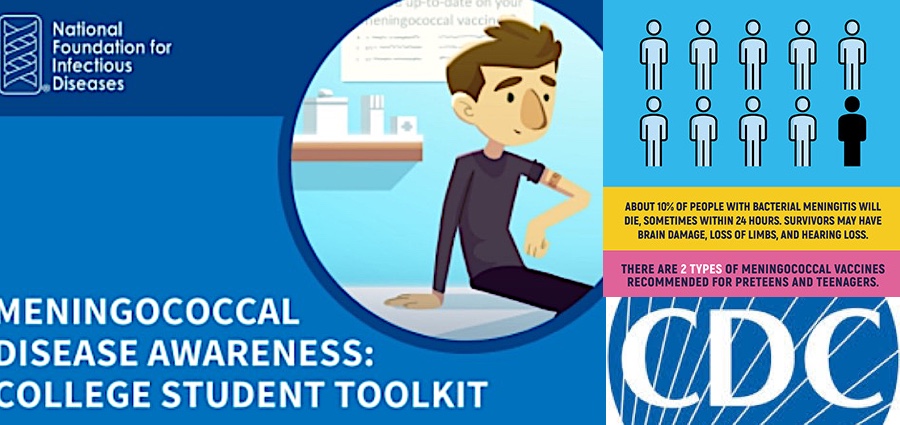FLORIDA. (THECOUNT) — Florida state health officials and the Centers for Disease Control and Prevention (CDC) issued alerts over the weekend on outbreaks of meningococcal disease, a rare but serious form of meningitis, in Florida.
In a release, the Department of Health said the number of cases so far in 2022 has already passed the five-year average of meningococcal disease in Florida. The disease is serious, caused by the Neisseria meningitidis bacteria, although it is not highly contagious and can only be spread over close contact over a period of time such as sharing drinks.
|
Advertisement |
“People do not catch the bacteria through casual contact or by breathing air where someone with meningococcal disease has been,” the Health Department advisory said. “It requires close contact over a period of time, or direct contact such as kissing or sharing drinks.”
It added that “this is a serious disease,” but it noted “these bacteria are not as contagious as germs that cause the common cold or flu,” reports epochtimes.
The CDC on its website warned people with symptoms to seek immediate care.
“The two most common types of meningococcal infections are meningitis (an infection of the lining of the brain and spinal cord) and bloodstream infection, both of which can quickly become deadly,” the CDC said in an alert on its website.
Those who are at risk are college and university students, immunocompromised individuals, people living with HIV, and others, the Department of Health’s website says. It recommends people to consider vaccination with a meningococcal conjugate, or MenACWY, vaccine.
“We actually worry around the universities because the university can be a pretty good environment for meningitis to spread,” University of South Florida Assistant Professor Dr. Jill Robert told WTSP-10, which reported a 19-year-old student suddenly died after contracting the disease in 2007.
Symptoms, according to the Mayo Clinic, include a sudden high fever, an unusual headache, and a stiff neck. Other symptoms include confusion or difficulty concentrating, seizures, sleepiness or difficulty waking, sensitivity to light, no appetite or thirst, and a skin rash.
“Bacterial meningitis is serious and can be fatal within days without prompt antibiotic treatment. Delayed treatment increases the risk of permanent brain damage or death,” the clinic says.
DEVELOPING::

